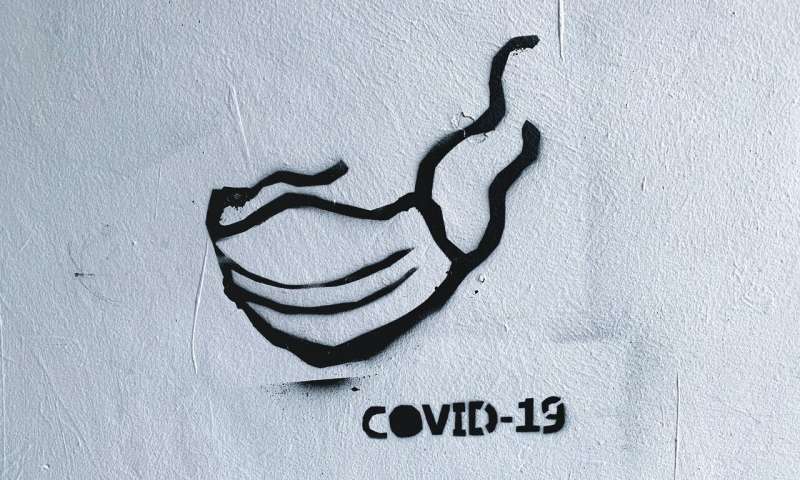
Wearing a face mask and social distancing were a part of Magdalena Moskal’s life long before the coronavirus pandemic hit.
The 36-year-old Madrid resident had a double lung transplant in 2008 to tackle her cystic fibrosis, a genetic disorder in which thick secretions build up in the lungs, making it difficult to breathe.
“Suddenly everyone was living my reality,” she said in a soft voice, looking back on the rush to adopt anti-COVID precautions early last year.
Now, as COVID vaccine rollouts gain momentum, many people are returning to gyms, cinemas and sports venues after more than a year of on-off restrictions.
But for Moskal and thousands like her in Spain, the world leader in organ transplants, a worry-free return to normal life still feels a long way off.
Transplant patients’ immune response is suppressed on purpose with daily medication to prevent the body attacking the new organ.
They also do not respond to vaccines in the same way as other people.
So, warned Moskal, organ donation recipients will only be able to relax when “100 percent of the population is vaccinated”.
“If I am here, it is because I have always taken care of myself. If I am not careful, it will end badly,” Moskal, who trained in the law and has been happy to work at home, told AFP.
‘Not like others’
Twenty-five year-old Andrea Lopez Robles, a student who lives in the Spanish capital too and received a life-saving liver transplant when she was just two, also feels she cannot let down her guard.
“Until everyone is vaccinated, I don’t think I can say ‘goodbye’ to all the precautions,” she said in an interview with AFP.
She has not taken public transport since the start of the pandemic in Spain in March 2020 and avoids large gatherings as much as possible.
“I almost died. I can’t do anything stupid,” Robles added, hand sanitiser attached to her handbag and only lowering her high-filtration FFP2 face mask to drink her fruit juice.
“I am aware that I have to take care of myself, that I am not like others.”
Uncertainty, despite vaccination
For more than three decades, Spain has been carrying out more organ transplants than anywhere else in the world.
It has a highly developed network, with a transplant coordinator present in every hospital.
Over 116,000 transplants have been carried out since 1989, in what is a source of national pride.
There were 48.9 organ donors per million inhabitants in Spain in 2019, its highest number ever.
That compared to 29.4 million in France and 36.1 million in the United States, according to the Spanish health ministry’s National Transplant Organisation.
However, organ transplant patients who have been vaccinated against COVID-19 cannot be certain of their immunity.
A study published in May by the Journal of the American Medical Association found that only 54 percent of 658 transplant patients who received two doses of either the Moderna or Pfizer vaccine produced COVID-19 antibodies.
Moskal was immunised against COVID in May but does not know if her body has produced the antibodies that vaccines are meant to trigger.
“A significant percentage of transplant patients develop absolutely no antibodies or defensive cells after being vaccinated against the coronavirus,” said Estela Paz Artal, head of the immunology department at Madrid’s Hospital 12 de Octubre.
But she said that it was important for a transplant patient to get vaccinated because “however weak” their immune response is, this is “preferable to no vaccination”.
The COVID-19 mortality rate for transplant patients stands at 21 percent, compared to around 2.0 percent for the general population, the National Transplant Organisation says.
‘Monastic life’
Most transplant patients are well aware of the risks.
Retired IT engineer Rafael Garcia, 45, said the roughly 100 pills that he must take daily since having a double lung transplant five years ago remind him he has to take care of himself “every day, every hour”.
He said he leads a “monastic life” with his wife, living as if he were not vaccinated, although he has been.
He buys groceries online and wears face masks outside even if nobody is nearby.
Under Spain’s COVID vaccination programme, transplant patients were given priority and health authorities are mulling giving them booster shots.
“We will have to look for alternatives and increase the effectiveness of the vaccine for this group of patients,” said National Transplant Organisation head, Beatriz Dominguez-Gil.
Source: Read Full Article


